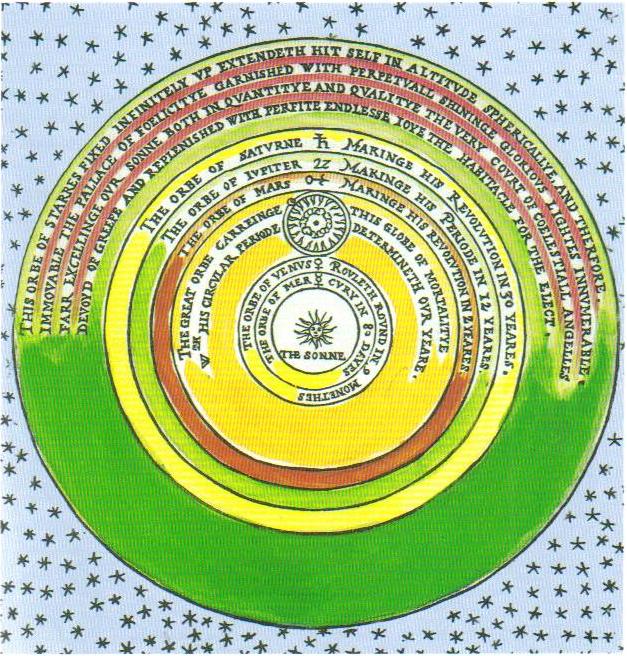FWP:
SETS == BHI; IDIOMS; MUSHAIRAH
SKY {15,7}
WINE: {49,1}
The first line is abstract and almost uninterpretable-- and under mushairah performance condition the listeners are made to wait as long as can conveniently be managed, for the sudden punch, at the last possible moment, of vāzh-gūñ -- a remarkably 'fresh' and unexpected word in its own right.
Why should we not ask the Cupbearer of the celestial sphere, and/or the dome of the sky, for the wine of 'sociability, mirth, good company' (see the definition of ʿishrat above)?
=Because he's already drunk it all, and overturned his cups afterwards to show that he's had enough.
=Because he has no wine-- all he's ever had or 'taken' is overturned cups, in the form of the heavenly spheres.
=Because we want a cup of the auspicious wine of mirth and good company, and all he's ever had is a set of 'unfortunate, unlucky' cups (see the definition of vāzh-gūñ above)-- for in the ghazal world , disasters usually 'descend' on us humans from the sky (as in {14,8}).
=Because he's already drunk so many cups of wine that he's intoxicated, and is thus unable or unwilling to listen to our appeals.
Then there's the enjoyable number play. ek do means 'one or two', just as in English. And do chār means 'two or three', or perhaps 'three or four'. So that when the speaker conflates the two idiomatic expressions into ek do chār , he not only evokes both expressions, but also conjures up the wonderful fuzziness of intoxication-- 'well, I've had two or three drinks, or maybe it was four; or wait, it could have been five'. Plainly, they've all begun to blur together. (For the supreme example of such number-play, see {20,10}.)
And as the commentators point out, if you add up one plus
two plus four you get seven, the number of the 'seven heavens' [sāt
āsmān], the concentric spheres of ancient cosmology (see also {46,2}). Each of which would
of course look, from earth, like an inverted bowl or cup. Inverted in satisfaction
by a happily intoxicated drinker who can't hold another drop? Inverted in
despair to show the lack of wine? Inverted in dismay at the 'unfortunate,
unlucky' nature of the wine? As so often, the choice is ours.


Nazm:
One two four-- and it came to 'seven heavens' [sāt āsmān]. (143)
== Nazm page 143